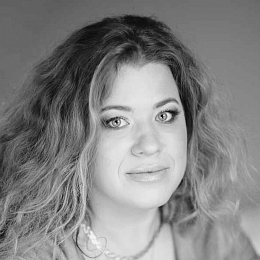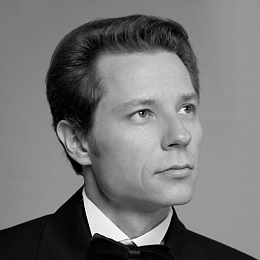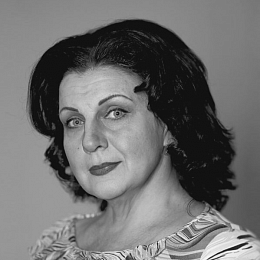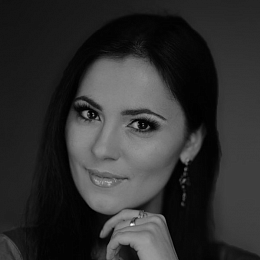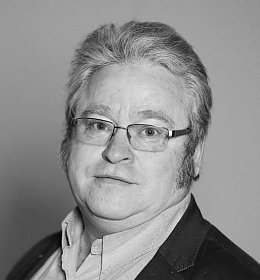stage
Artists
Credits
Original libretto: Leo Stein, Bela Jenbach
Russian version: Vladimir Mikhailov, Dmitry Tolmachev
Translation and revision: Yuri Dimitrin
Staging: Vyacheslav Starodubtsev
Music Director and Conductor: Evgeny Volynsky
Stage Director: Vyacheslav Starodubtsev
Set Designer: Vyacheslav Okunev
Costume Designer: Elena Oleynik
Video content editor: Vadim Dulenko
Lighting Designer: Igor Yakushev
Stage Movement: Sergei Zakharin
Choreography: Tatiana Kapustina
Principal Chorus Master: Vyacheslav Podyelsky
Conductor: Eldar Nagiev
Chorus Master: Sergei Tenitilov
Assistant Stage Director: Nikolai Natsybulin
Cast:
Silva Varescu, cabaret singer – Olga Kolobova, Nadezhda Nesterova, Irina Novikova;
Prince Leopold Weylersheim – Alexey Laushkin, Andrey Triller;
Princess Cecilia Weylersheim, his wife – Galina Kuznetsova, Olga Obukhova
Young prince Edwin, their son Maxim Golovachev, Gury Guriev
Stasi, their niece – Polina Lelyukh, Daria Shuvalova, Yulia Yumaeva
Boni, count Kanscianu, friend to Edwin – Konstantin Zakharov, Evgeny Kozyrev, Kirill Nofontov;
Feri, a regular – Mikhail Agafonov, Viktor Ditenbir, Yuri Komov
Miksa, the cabaret manager – Nikolai Natsybulin
2 hours 20 minutes
one interval
Premiered on 17th November 1915 in Vienna.
Emmerich Kálmán first thought of an operetta about a cabaret star Silva Varescu in the beginning of 1914. In April he had already concluded an agreement between librettists Leo Stein and Bela Jenbach. The German libretto was entitled Vive l’Amour!
The plot of this new work somewhat resembles Verdi’s famous opera: the main character is the type of woman a noble man should never marry and bring into a polite society. However, according to the canons of this light, entertaining genre the piece needed to end happily.
The composer and the librettists were interrupted in their work by historic events developing around them: in June 1914 Archduke Franz Ferdinand of Austria, heir presumptive to the Austro-Hungarian throne was assassinated in Sarajevo. The Austrian-Serbian war that followed grew into the World War soon after. The operetta was finished by November 1915, and premiered on 17th November at the Johann Strauss theatre in Vienna. Csárdás tunes are widely present in the score of this operetta, which was entitled Csárdásfürstin. It is a very popular Hungarian dance with an emotional start and rampant, furious ending.
https://www.belcanto.ru/csardasfurstin.html
Silva Varescu is a cabaret star in Budapest, whose fiery personality makes men’s hearts go wild. Edwin is a young noble man of aristocratic origin, son to a rightful prince. They are separated by an unbridgeable social abyss, which leads to alienation and disdain. But love overcomes all boundaries! The blazing feelings of Sylva tell us a story about a woman fighting for her right to be happy.
First act
The Orpheum Cabaret Theatre in Budapest is overcrowded. The audience’s favorite performer Silva Varecsu is giving her last concert with her best act, Hungarian Csárdás Heia, o heia. During the interval two regulars Boni and Feri sing merry and cheerful songs including The Ladies up on stage. Prince Edwin appears. Boni passes him a message from his parents, where they demand that he breaks up with Silva. Edwin doesn’t respond. When he meets Silva, two lovers sing a dainty yet cunning duet Loveliness is all around us. Edwin receives an urgent wire from the colonel: he is being called up for military service. Edwin decides to take the last step and announces his marriage with Silva. The engagement ceremony is held at the Cabaret Theatre. The lovers sign the contract and the orchestra plays a wedding march (jolly variations on Mendelssohn’s famous Wedding March.
Edwin leaves after a tender farewell. Boni, who missed all the fun, shows Silva an invitation to Edwin and Stasi invitation ceremony. Silva’s heart is broken.
Second act
Vienna. A ball at Weylersheims’ palace. Being unaware that everybody knows of his engagement to Stasi, Edwin is concerned why Silva hasn’t responded yet. His numerous messages are left unreplied. Stasi knows about Edwin’s true feelings, but she doesn’t mind getting married to her cousin. They sing a careless duet.
Boni, Silva and Feri arrive to the ball. Boni introduces Silva to prince Weylersheim as his wife, countess Kanscianu and Feri as his father. Edwin, still confused, tries to check with Boni what happened, but Boni disappears. Edwin and Silva’s dramatic dialogue ends up in dreamy and plaintive waltz-duet Where are they now. Boni falls in love with Stasi and they sing a lively duet That fellow cupid.
Edwin’s father tries to announce their engagement with Stasi, but Edwin interrupts his speech and says he loves another woman – countess Kanscianu. However Silva renounces the fake title. She is not a countess, she is a princess, princess Weylersheim, which is proven by the contract. Edwin is ready to fulfill his obligation, but Silva tears up the contracts and leaves the palace.
Third act
Silva and Boni meet Feri after the ball. He tries to persuade Silva to return to the stage, because art will heal the wounds. Edwin is also here, he can’t do without her! His father arrives next. Edwin escapes and hides at Boni’s room. Prince Weylersheim wants to learn the truth. Feri meets the prince at the hall and tells him that his wife, princess Weylersheim used to sing at the cabaret as well. Moreover, she is the notorious Csárdás Princess, famous cabaret star High-Kicking Hilda. Upon her arrival to the hotel Stasi performs a cheerful duet with Boni. Edwin and Silva are reconciled. The operetta ends with a merry reprise Let me dance and let me sing performed by the lovers.
















